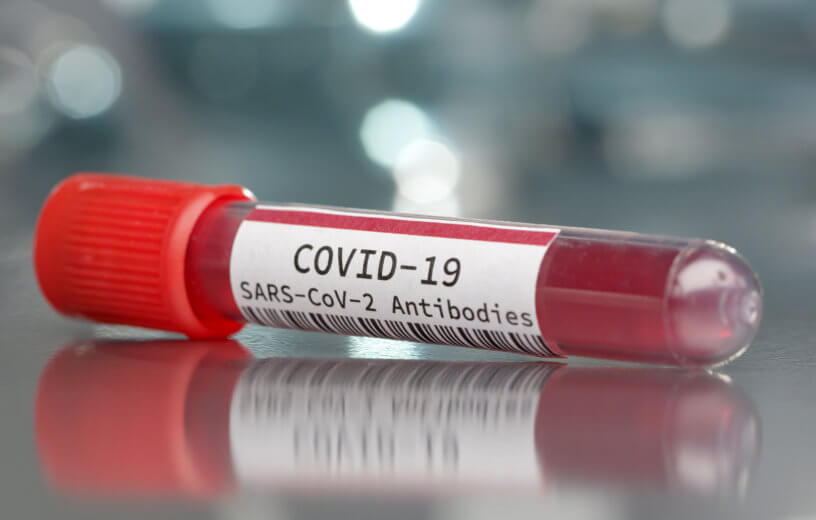LONDON — Antibody tests are becoming a “game-changing” part of fighting the spread of COVID-19. Although they’re helping to find who has the coronavirus and who is already immune, a new review says antibody tests are giving some patients the wrong information.
A study, published in The BMJ, finds the accuracy of COVID-19 antibody tests have major weaknesses; especially when they’re not done in a lab. Study authors recommend point-of-care tests, done directly with a patient outside a lab, should be discontinued.
The international team of researchers examined 40 antibody studies taken in January through April. They all focused on how well the tests measured sensitivity (the number of people correctly diagnosed with COVID-19) and specificity (the number of people correctly found to not have the illness).
Flaws in antibody research
Scientists say most of these studies present several issues with the evidence they collected. Half had never been reviewed by peers in the medical community. Most of the antibody studies were found to have a high or unknown risk of bias. This means the results could have been influenced during the tests.
Only 10 percent of the studies used outpatients to gather data and just two tested patients at a point-of-care location.
“While the scientific community should be lauded for the pace at which novel serological tests have been developed, this review underscores the need for high quality clinical studies to evaluate these tools,” the writers explain in a statement.
COVID-19 cases being missed
After pooling all of the antibody studies together, researchers say sensitivity was only accurate between 66 and 97.8 percent of the time. This means as many as 34 percent of patients with COVID-19 are being missed.
Specificity was found to be correct between 96.6 and 99.7 percent of the time, meaning less than four percent of patients are being incorrectly told they have COVID-19.
Researchers say sensitivity results were worse when antibody tests used lateral flow immunoassay (LFIA) tests. According to the University of Oxford, the LFIA test uses a small sample of blood to quickly find out if a person has antibodies in their system, but it doesn’t detect the actual virus.
The study adds these tests are being used by home testing kits and doctor’s offices and are even being considered as “immunity passports” for patients. Researchers warn that if the LFIA test is given to a large population where 10 percent of the people have COVID-19, 31 out of 1,000 would be incorrectly told they are immune to the virus. Another 34 people who had coronavirus would be told they were never infected.
Which antibody test is best?
The study finds sensitivity results are also worse using commercial test kits, scoring only a 65-percent accuracy rate. That’s compared to non-commercial testing systems which have an 88.2-percent rate of accuracy.
Testing was also more accurate when patients feeling ill were tested after the first two weeks of their symptoms.
“These observations indicate important weaknesses in the evidence on covid-19 serological tests, particularly those being marketed as point-of-care tests,” the authors write.
Researchers say continued international cooperation can help smooth out these rough beginnings in rapid testing for COVID-19 antibodies.
